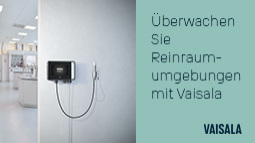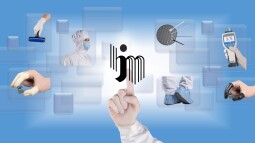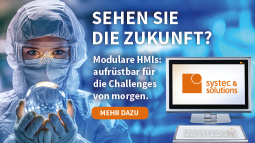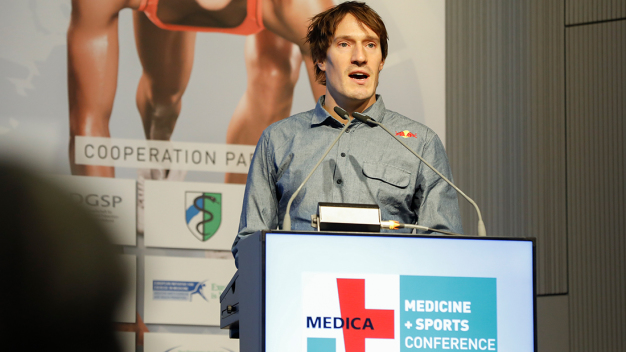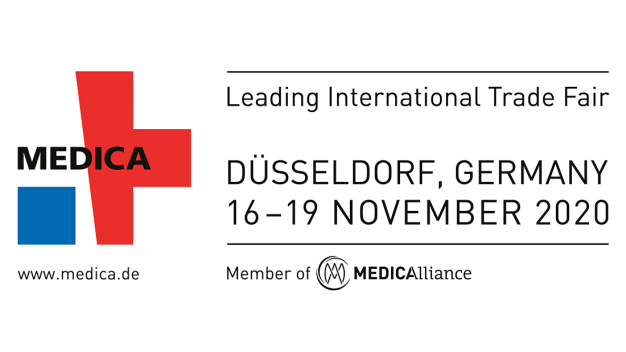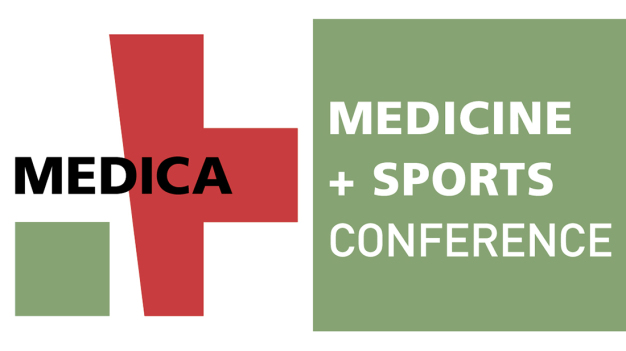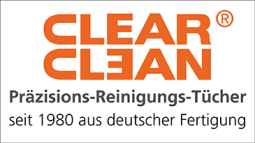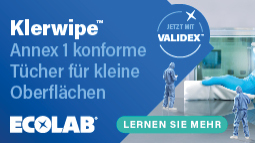8th MEDICA MEDICINE + SPORTS CONFERENCE broaches themes that quite literally have their finger on the nation’s pulse
COVID-19, sports and data - the average German’s heart beats 61 times per minute (at rest)
How has the corona crisis altered sports? Prof. Dirk Brockmann will answer this question. He is one of the first speakers at the 8th MEDICA MEDICINE + SPORTS CONFERENCE which will be held in Düsseldorf on Wednesday 18 and Thursday 19 November within the scope of MEDICA 2020, the world’s leading medical trade fair (run time: 16 – 19 November). The themes broached by the high-profile attendees at this English-speaking sports medicine conference extend from space medicine and implementing artificial intelligence (AI) to tailored exercise programmes and sports during the era of a highly infectious virus, Covid-19, and against a backdrop of increasing environmental pollution.
At the start of the conference, Brockmann will illuminate infectious diseases and their consequences for professional and leisure sports from an epidemiological point of view. Brockmann works at the Humboldt University of Berlin and the Robert Koch Institute (RKI) where he develops mathematical models on the Covid-19 outbreak. The RKI has been measuring the “pulse” of the nation since the beginning of April thanks to a data donation app. Brockmann had a hand in developing this app. The concept: Data from wearables (e.g. fitness bracelets and smart watches) can supply indications that symptoms of Covid-19 are present, and can do this before the subject is even aware of the symptoms. The user can make this data available to the RKI using the Corona Data Donation App. Together with data from other sources, such as official registration data, the wearables data helps scientists to better record and understand the spread of the coronavirus. They thus produce a sort of map that represents the “pulse” of the nation. The average resting pulse rate in Germany is currently 60.79 beats per minute (as of 12 June 2020, website: https://corona-datenspende.de/science/en/reports/pulse/. According to the RKI, over 500,000 people have already downloaded the app (as of 24 April 2020). This means that the option to donate data, which users will receive when digital patient files are brought out in 2023, is available to some extent today.
Returning to sports in the wake of Covid 19
Although nobody knows how the Covid-19 pandemic will develop over the coming months, we’re sure that sports during this era of highly infectious viruses will remain a hot topic, even when the pandemic abates. Prof. Wilhelm Bloch, Head of the Molecular and Cellular Sports Medicine Department at the German Sport University of Cologne, issued prescient warnings on the potential sequellae of infection with the coronavirus that could prove fatal for professional athletes’ careers. He also recommended that amateur sports lovers, particularly those with symptoms, be checked over rigorously before returning to their sport. This also matches the recommendations from the German Association for Sports Medicine and Prevention (DGSP) for returning to sport after a Covid-19 infection. According to the Prof. Bloch, a risk analysis should be executed and documented before taking up a sport again even if the person’s medical history does not appear to necessitate this, including for people that are simply doing sports as a hobby. This should include: Medical history, contact with persons infected with Covid-19 or stay in a risk area and close contact with persons at risk. Sport in sports facilities or in a team may then only be permitted if there is no risk, provided that hygiene provisions are observed. Testing is indicated in the event of doubt.
Prof. Bloch will give an update based on the progress of the pandemic situation as it currently stands in November at MEDICA 2020. As it is highly unlikely that a comprehensive vaccination program will have been rolled out by then, prevention remains a crucial tactic in the fight against the coronavirus. This also applies to sports. Dr. Ulrich Jerichow, CEO of VitaScale, is working on systems that team sports players can wear during games in order to prevent infection. He is doing this by developing a face guard, made of silicone and polycarbon with ventilation and respiratory gas diagnostics, with a flexible visor sheet with plastic edging and rubber band fastenings so that competitive sports can be played safely without limiting visibility.
Pollution can be deadly too...
One topic that is set to reign on long after the corona pandemic is pollution. At the end of last year, researchers from the European Environment Agency hit the alarm button: the number of premature deaths that have been caused by air pollution in Europe appears to be higher than previously assumed. One of the major causative agents of cardiovascular deaths is fine particulate matter. Now, scientists in Münster have determined that the consequences of air pollution have reduced the average life expectancy for Europeans by 2.2 years and are a dominant factor in causes of death, predominantly deaths caused by cardiovascular conditions. The study results published in the European Heart Journal are thus significantly higher than the latest calculations from the Global Burden of Disease (GBD) study on the impact of air pollution. Dr. Thomas Münzel, university professor and Director of the Cardiology I Unit at the Cardiology Centre of the University Medical Centre of Mainz, will present his results and the conclusions from them in Düsseldorf in November. The damage caused by playing sports in certain environmental conditions could even potentially outweigh the benefits.
The MEDICA MEDICINE + SPORTS CONFERENCE will be completed with a session on digital innovation in sports and healthcare. New training tools, measuring body temperature with “hearables”, percussion therapy and precise 3D recording and analysis of body movement with sensors or camera data and more are all investigated here.
This year, the list of renowned conference partners includes the International Federation of Sports Medicine (FIMS), the German Association for Sports Medicine and Prevention (DGSP), the German Society of Sport Science (DVS) and the WISS (The German Federal Institute for Sports Science), the European Federation of Sports Medicine Associations (EFSMA), and the American College of Sports Medicine (Exercise is Medicine initiative) and also extends to companies such as Sport Speaker, Orthogen, movX, movisens, DORNER Health IT Solutions, ledsreact, Loewi and WT Wearable Technologies.
Messe Düsseldorf GmbH
40001 Düsseldorf
Germany
